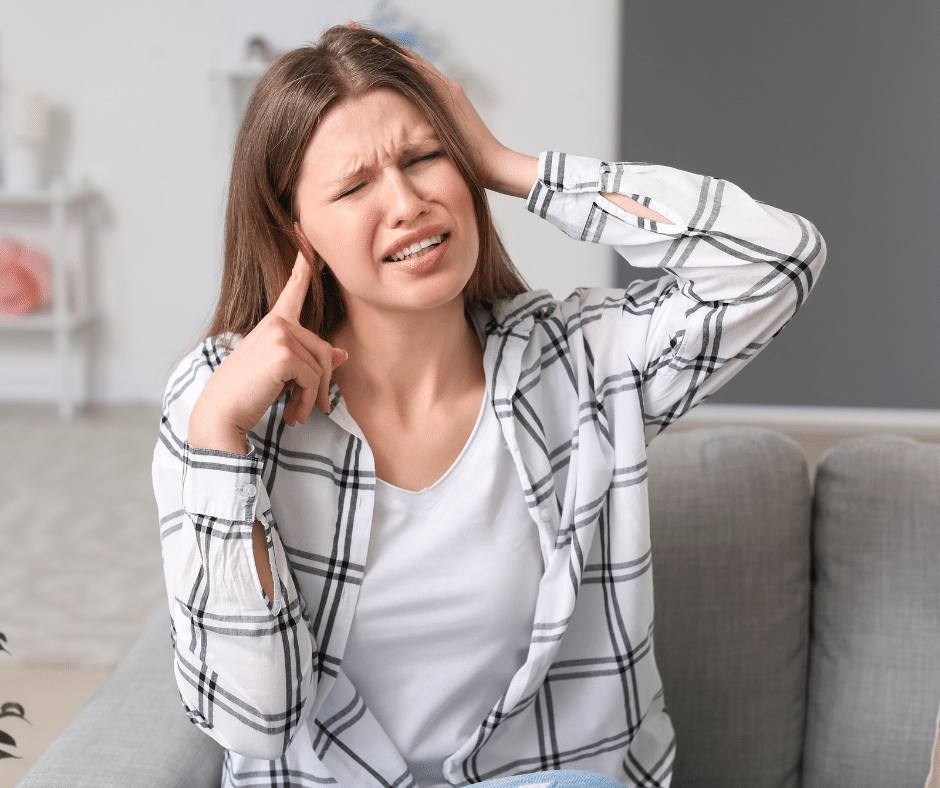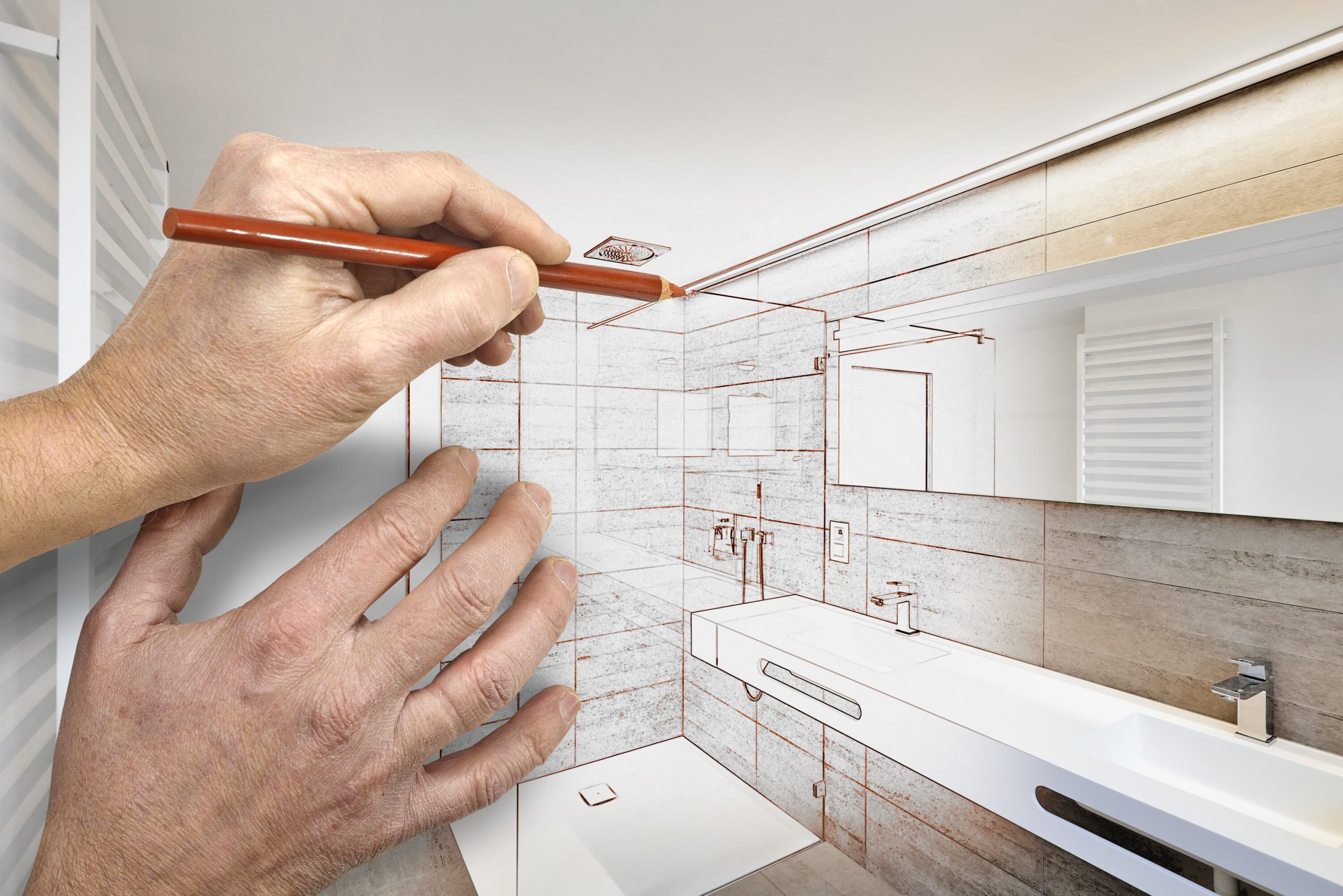
Should You Close Doors in Unused Rooms?
For your convenience, listen to the article here:
In short, the answer to this question is no. Although closing off unused rooms may seem like a way to save energy on heating and cooling, it can actually force your HVAC system to work harder. In order for your air conditioner to work efficiently, you should keep the interior doors in your home open as much as possible.
Ventilation is Key
Even though you can’t always feel it, the air in your home is constantly moving. Hot air rises and cooler air sinks. Your HVAC system circulates air through your home just like your heart circulates blood through your arteries and veins. For instance, the air conditioner draws air out of your house through the intake vent, passes that air across the evaporator coils, and then sends the chilled air back into your home through the registers. Eventually, that same air will get drawn back to the intake vent and go through the cycle all over again.
See Also: The Forgotten V in HVAC
While all houses have some “leaks,” for the most part the home is a closed, balanced system. In other words, your HVAC is designed to draw air out of your home at the same rate that it sends air back in. This allows the total amount of air inside your home stays the same. And that’s why closing interior doors causes problems.
See Also: Why Do You Need a Duct Pressure Test
You see, when a room in your home is closed off, the HVAC still pumps air into that room through the register. This is unless you close the register, which can cause VERY serious problems for your HVAC, so don’t do it! But the air in that room is trapped. It can’t travel back to the air intake vent. If there’s a gap under the door, the air in the room can slowly escape but not quickly enough to keep up with the HVAC’s intake. This has two big negative effects.
Negative Effects
- The closed-off room becomes pressurized. This means that the conditioned air inside it starts looking for any way to escape. Often that means leaking into the attic or out of gaps around windows. This can waste the energy used to heat or cool that air.
- The rest of the house becomes depressurized as the HVAC tries to draw in more air than is present. This causes outside air to get sucked in through the chimney, gaps under the exterior doors and windows, and other tiny openings.
See Also: Lower Your Energy Bill This Summer
Obviously on a hot summer day, the outside air will take lots more energy to cool than already-conditioned inside air would. This again means that you’ll be wasting energy. To maximize the efficiency of your HVAC system as well as your comfort, don’t close off unused rooms. Let the air flow through your home like it’s designed to. Your air conditioner and your wallet will thank you!


